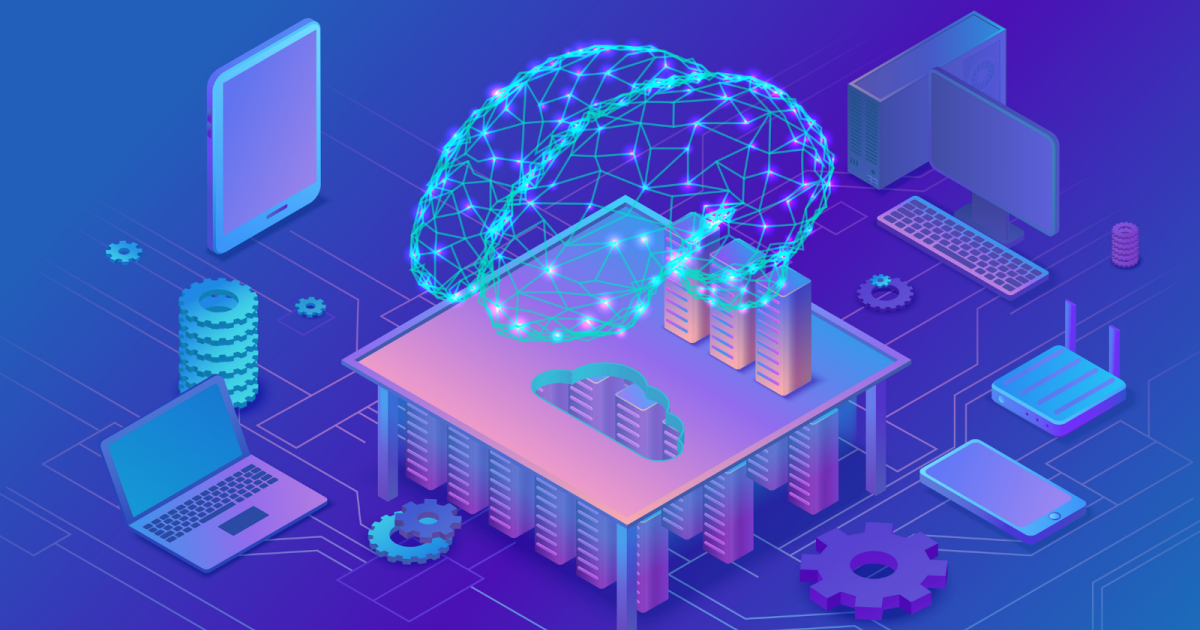
Artificial intelligence
The 21st century has ushered in an era of unprecedented technological progress, with artificial intelligence (AI) emerging as a transformative force in diverse sectors. One of the spheres significantly affected by the advent of AI is education. This essay explores the dynamic impact of artificial intelligence on education, delving into the opportunities and challenges that accompany this technological revolution.
- Personalized Learning: Artificial intelligence has revolutionized the concept of education through personalized learning experiences. AI algorithms analyze individual student data, tailoring educational content to cater to each student’s unique learning style, pace, and preferences. This adaptability ensures that learners receive a customized education, enhancing engagement and understanding.
- Enhanced Teaching Tools: The integration of AI into educational tools empowers educators by automating administrative tasks, such as grading and assessment. This efficiency allows teachers to allocate more time to interactive and creative aspects of teaching. Real-time feedback provided by AI tools facilitates immediate intervention, helping address learning gaps and improving overall educational outcomes.
- Global Accessibility: AI has broken down geographical barriers in education. Online learning platforms, fueled by AI, offer global accessibility to quality education. Students from diverse backgrounds and locations can now access resources and collaborate on a global scale. This democratization of education has the potential to reduce educational inequalities and provide opportunities to those who were previously underserved.
- Challenges of Automation: The rise of AI in education raises concerns about the potential automation of traditional teaching tasks. Striking a balance between the efficiency gains of automation and the irreplaceable human touch in education becomes crucial. It is essential to leverage AI to enhance, not replace, the role of educators, preserving the interpersonal and empathetic aspects of learning.
- Ethical Considerations: The ethical implications of AI in education cannot be overlooked. Issues related to data privacy, algorithmic bias, and accountability must be addressed. Safeguarding sensitive student information, mitigating biases in AI algorithms, and ensuring transparency in decision-making processes are imperative to uphold the ethical standards of education in the digital age.
In navigating the future of education amidst the rise of artificial intelligence, a delicate balance must be struck. The opportunities presented by personalized learning, enhanced teaching tools, and global accessibility are vast and promising. However, addressing the challenges of automation and grappling with ethical considerations are essential for ensuring the responsible and equitable integration of AI into education. As we navigate this transformative journey, embracing the potential of artificial intelligence while upholding the values of education is key to shaping a future where technology enhances, rather than diminishes, the richness of the learning experience.
By: PUVVADA THANU SREE
Write and Win: Participate in Creative writing Contest & International Essay Contest and win fabulous prizes.


